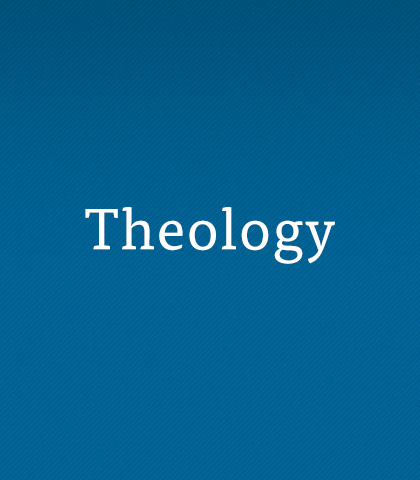The Devil Made Me Do It?
The Bible never describes the work of demons in the lives of believers directly in terms of immorality. In other words, to say a believer has a “spirit of lust”—as if his real problem is a demon—assumes something the Bible never teaches.


